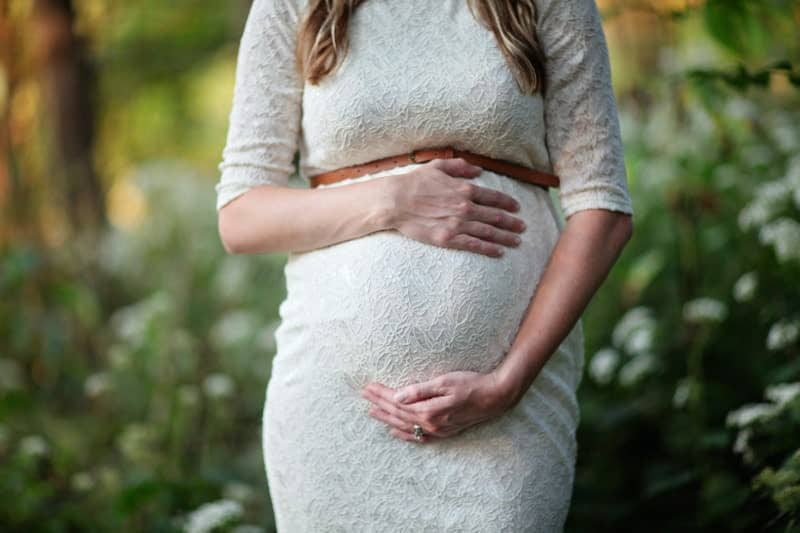Being told you have an ovarian cyst often leaves you with more questions than […]

GBS, or Group B streptococcus, is a bacteria that is commonly present in the vagina and rectum in many women. It is not harmful under normal circumstances but can occasionally cause serious infections for newborns delivered vaginally.
This is a vaginal swab that is taken from your lower vagina from 35 weeks of pregnancy onwards. It is sometimes done if you are in danger of premature birth.
Testing GBS positive does not mean your pregnancy becomes high risk. There may be a slightly increased risk of having a urinary tract infection or infection of the uterine lining after delivery; however this will not affect when or how you will deliver your baby.
Being GBS positive simply means that you should come to the hospital once you start having signs of labour and/or your waters break as you will need 4 hours of intravenous antibiotics before delivery to reduce the risk of your baby coming down with GBS infection. You will generally be offered an induction of labor if you are term and your waters have broken if you are GBS positive.
If you are scheduled for a caesarean section, you do not need additional treatment except for routine antibiotics required for a major operation.
If you receive adequate antibiotics, the risk of your baby developing GBS infection is low at 1 in 4000. He/she is at higher risk of getting GBS infection if he/she is born preterm, or if your waters have broken for more than 24 hours before delivery.
Majority (75%) of GBS infections occur as early onset; the rest occur as late onset.
Early onset GBS develops within the first week of life and includes:
Late onset GBS can develop from the first week to 3 months old and can cause meningitis, cerebral palsy, hearing loss or death.
Your baby’s neonatologist will monitor your baby to watch for any signs of GBS infection if he/she is at risk.
Being told you have an ovarian cyst often leaves you with more questions than […]
Chronic bloating. Lower back pain. Fatigue that lingers even after rest. These are symptoms […]
Many women live with Polycystic Ovary Syndrome (PCOS) without realising fact from fiction. This […]





Aster Gynaecology © | All Rights Reserved.